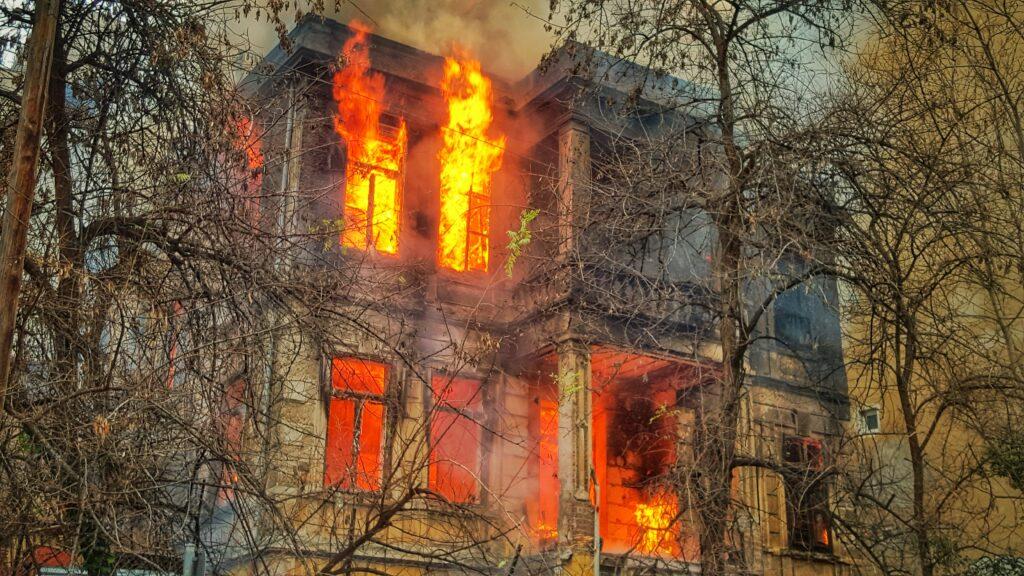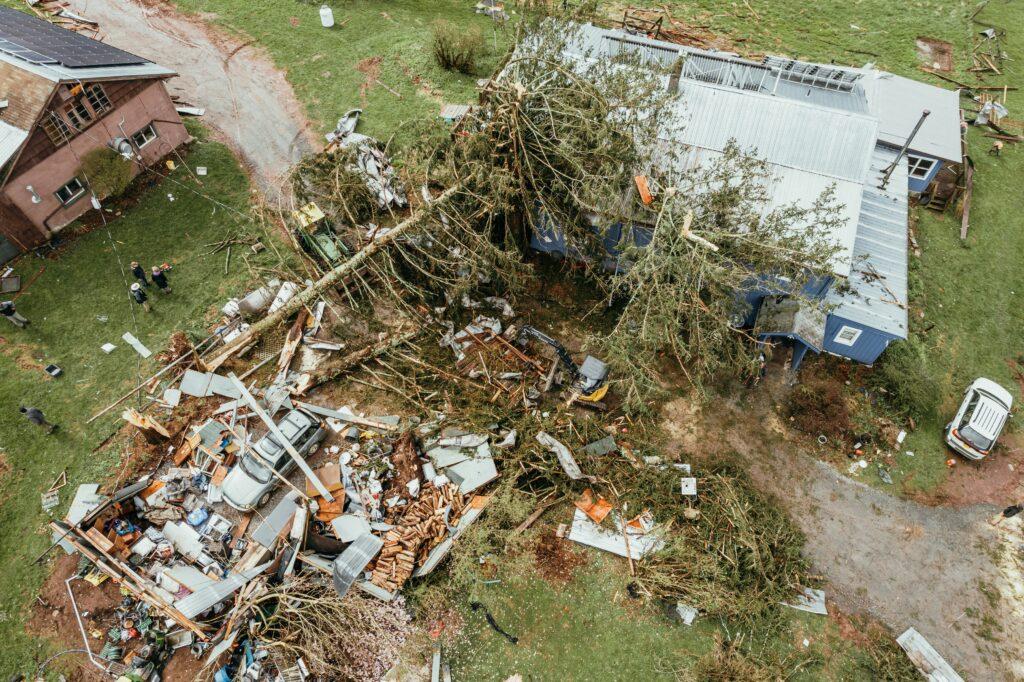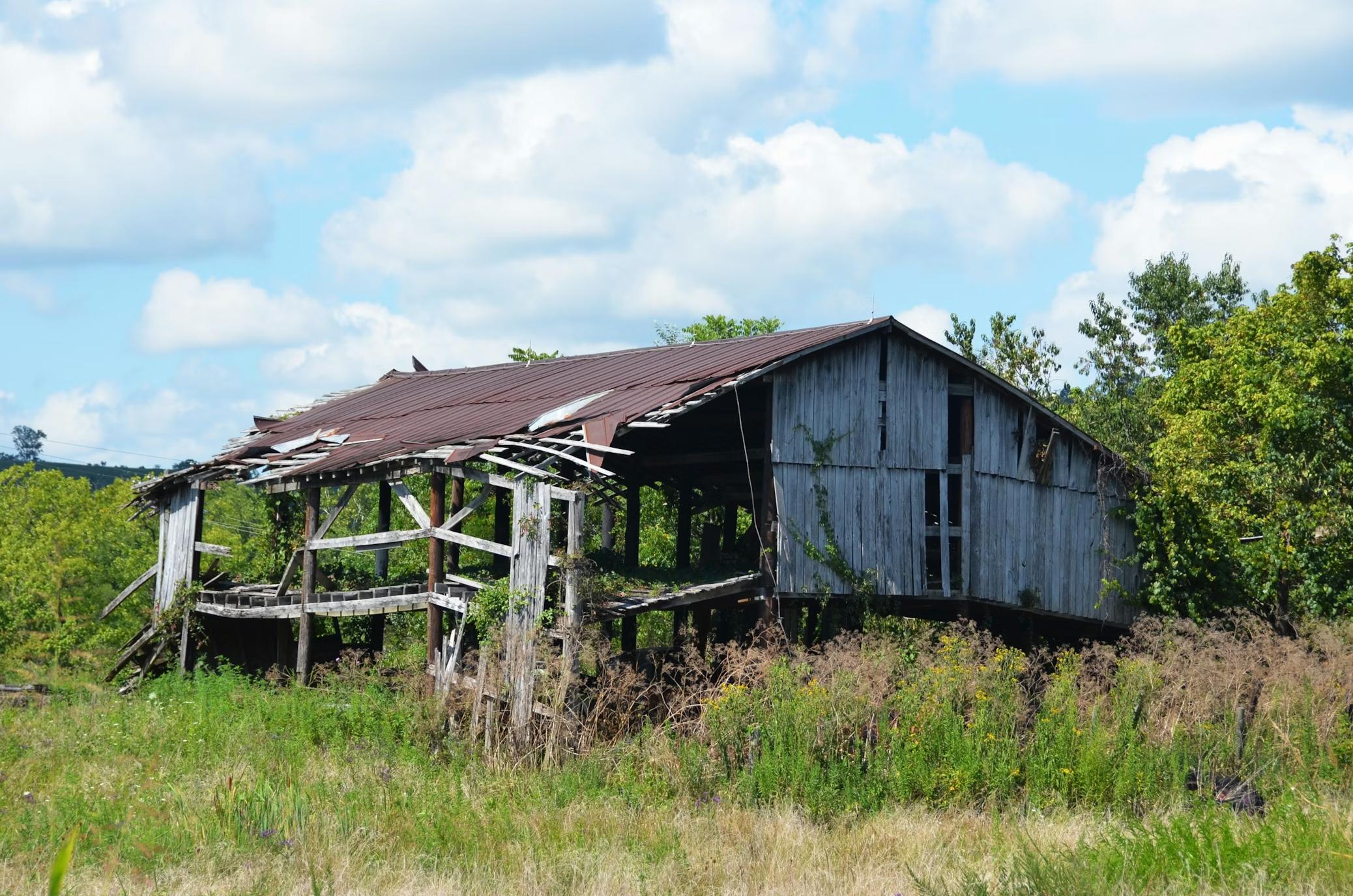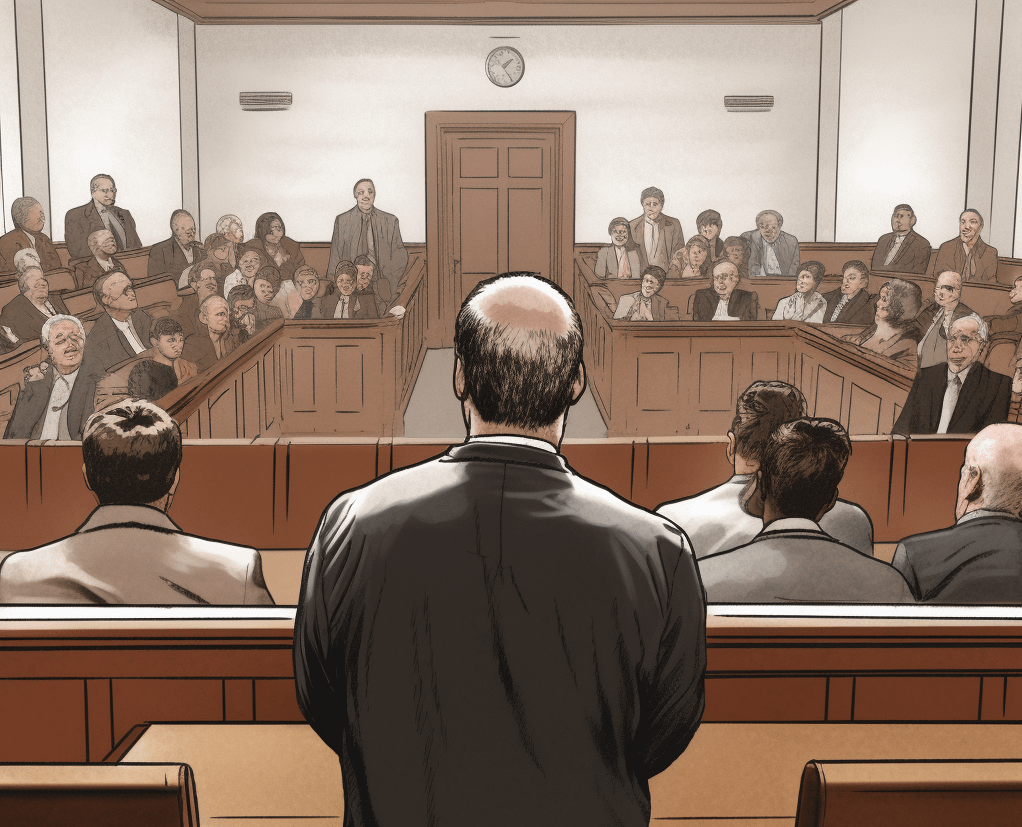Renters’ insurance protects tenants of rental property from damages related to smoke, fire, explosions, and other acts of god. It exists to help tenants in the event of a major accident to recover any financial losses. Renters’ insurance can cover a wide variety of accidents, natural disasters, and vandalism, though exactly what is covered depends on the insurance policy covering the property.
Standard policies will typically cover three main areas: personal property, liability expenses, and damages like medical expenses and additional living expenses. Remember, you do not have to pay out of pocket for damages related to accidents on your property so long as you have proper coverage.
What Is Renters’ Insurance?
Renters’ insurance is an insurance policy that tenants of rental properties take on to cover damages from accidents, both natural or human-caused, or criminal acts like theft or vandalism. Renters’ insurance typically covers a wide variety of damages, depending on the terms of the policy, and you file a claim with your renters’ insurance company. If your claim meets the qualifying criteria, you could receive compensation.

What Damages Can I Recover with Renters’ Insurance?
There are several damages you can seek compensation for through your renters’ insurance policy:
- Medical expenses for guests who were hurt on the property
- Property damages to personal belongings, like furniture, clothing, jewelry, and collectibles
- Living expenses for temporary housing arrangements, storage fees, meals, and transportation costs
- Emergency repairs to your property
- Debris removal
- Fire department and emergency services charges, if applicable
Renters’ insurance does not cover your medical expenses, only the expenses of guests on your property. This is because renters’ insurance is not a substitute for health insurance. Any injuries you sustain will need to go through your own medical insurance for coverage – renters insurance is only for damages on your property or that your guests have suffered, not your own medical expenses.
Renters’ Insurance Fire Coverage
Coverage for fire damage is one of the most common protections offered by a standard renters’ insurance policy. Your renters insurance will typically cover the replacement or repair of any of the personal belongings that were damaged up to your policy’s limits.
Negligence of who started the fire would be an entirely separate issue; all renters’ insurance will do is provide compensation as long as your claim is filed correctly and with sufficient evidence. Fire coverage will also provide you with reimbursement or funds for meals and temporary housing.

Renters’ Insurance Mold Coverage
Coverage for mold-related damages is highly conditional under most renters’ insurance policies. Whether you can file a successful claim is highly dependent on what caused the mold in the first place. Most policies will exclude mold that stems from maintenance issues, humidity, condensation, or neglect, for example, regardless of whether it is growing in the roof of the property or in the walls.
You may have coverage if mold develops because of issues like a pipe suddenly bursting through no fault of yours. In this case, it is possible that renters’ insurance will cover the costs of repair for the pipe and any necessary mold remediation. However, most insurance companies expect landlords and tenants to take precautions against mold, so these claims can be difficult to prove.
Renters’ Insurance Bed Bug Coverage
Bed bugs are not covered under the vast majority of renters’ insurance policies. Some policies offer basic protection, while others offer full protection for an added premium.
You should not expect your standard policy to have any provisions for bed bug damage or their removal by default. Insurance companies view bed bugs as a problem that should be addressed through regular pest control interventions.
Renters’ Insurance Flood Coverage
Renters’ insurance policies typically do not provide coverage for floods, regardless of whether it was due to an extreme weather event. Flood protection is often a separate insurance policy that renters have to purchase.
If you only have renters’ insurance and have suffered flood or water damage, there may be very little you can do to file a claim or recover compensation. However, with private flood insurance, there should be no real issues since those policies are designed for protection against these circumstances. If you are in a flood-prone area, it is wise to have flood insurance in addition to any renters’ insurance policy.
Can I File a Claim for Hail or Wind Damage?
Renters’ insurance typically provides coverage for hail or wind damage, but only your personal belongings will be covered. The actual structure of the building will be handled through your landlord’s insurance to cover the cost of repairs. Hailstorms and major wind events like tornadoes can lead to significant external and internal damage, and filing a claim promptly will help ensure a timely review and dispersal of benefits, so long as you qualify.

Does Renters’ Insurance Cover Earthquakes?
Unfortunately, standard renters’ insurance policies do not typically offer coverage for earthquake-related damages. Policies also exclude other similar events, like landslides, sinkholes, and mudflows. Protection from earthquake and earth movement damages requires a separate earthquake insurance policy.
Some policies may add on earthquake coverage as an additional cost to your monthly premium. If you live in a region prone to earthquakes, it is worth looking into separate earthquake protection.
Does Renters’ Insurance Cover Lightning Damage?
Renters’ insurance policies will typically cover lightning damage to your personal property. Lightning strikes can cause power surges that fry important electronics and ignite fires. How much you can recover for your property will depend on the limits of your policy, but most tenants can file a claim with their insurance.
Even if you did not use a surge protector for your electronics, your policy will still likely provide coverage.
Does Renters’ Insurance Cover Car Theft?
There is no coverage for car theft in a typical renters’ insurance policy. The reasoning is similar to why medical damages aren’t covered: renters’ insurance is not meant to replace other forms of insurance. If your car is stolen, you will have to file a claim with your auto insurance company.
However, if your car was burglarized, you may be able to cover stolen items through your renters’ insurance policy. Some policies may have provisions for personal property, regardless of whether it was parked at your rental property.
Does Renters’ Insurance Cover Bike Theft?
Yes, renters’ insurance policies will usually cover bicycle theft. Your bike is considered personal property, so no matter where it was stolen from, you can file a claim to recover compensation. Your bicycle will be subject to the limits your policy has for reimbursement, so this may not completely cover the loss of a high-end road bike, e-bike, or mountain bike.
What Do I Do if My Renters’ Insurance Claim Is Denied?
If your insurance claim is denied, all is not lost. Insurance companies are in the business of making money, so their main goal is to protect their bottom line.
Many legitimate claims are denied for a multitude of reasons, but you can always appeal the decision and continue the fight toward obtaining fair compensation for your damages. It is best to reach out to a property insurance dispute lawyer to help you through the initial claim and, if necessary, the appeals process.
Frequently Asked Questions (FAQs)
Does Renters’ Insurance Cover Damages Caused by Pets?
If your pet damages your own belongings, such as dogs chewing your furniture or cats scratching the walls, then renters’ insurance will not cover those damages. Insurers consider these damages preventable and the responsibility of the pet owner to ensure they do not happen.
Any damage done by your pet to the property will likely come out of your security deposit. However, the liability portion of renters insurance does cover damages caused by pets to other people’s property, like if your dog bites a visitor to the property or if your pet damages your neighbor’s property.
Is Renters’ Insurance Legally Required?
Renters’ insurance is not legally required at the state or federal level. You are free to rent a property without the protection of insurance. However, landlords can require their tenants to purchase insurance anyway.
If a landlord requires renters’ insurance as a condition of renting the property, then insurance becomes a contractual obligation. Landlords typically require renters to have insurance to avoid costly legal disputes or lawsuits. With insurance, renters can use their policy to recover compensation, as opposed to seeking restitution from the landlord.
How Long Should My Renters’ Insurance Claim Take?
How long your renters’ insurance claim should take depends on the extent of your damages and the time allotted by local laws. In general, if your claim involves a cut-and-dry, straightforward case where damages are clearly evident and easily itemized, your claim could be decided quickly; however, more complicated cases may take longer. It is not unusual for claims that require thorough review and investigation to take upwards of three months for a decision.
What Happens to My Current Renters’ Insurance Policy if I Move?
Renters’ insurance policies do not automatically transfer or cancel, so when you move, your policy will cease to be in effect. You need to let your insurance company know about your move as soon as possible so they can transfer your existing policy to a new location without penalty.
Your monthly premium amount will probably change, depending on where you move. If you move out of state, you may need to switch insurance companies entirely, so be prepared to shop for a new policy if this is the case.
How Do I Prove I Have Renters’ Insurance to My Landlord?
You will need to provide a certificate of insurance or a declarations page from your insurance company to verify your coverage is active. Once you have the certificate or declaration page, you can provide a copy to your landlord to prove you have renters’ insurance. You can do this digitally via a mobile app or an online portal.
How Much Renters’ Insurance Do I Need?
How much coverage you need depends on what you are comfortable with. There is no concrete answer as to how much coverage is too much or too little. It all depends on what level you are personally comfortable with.
If renters’ insurance is required by your landlord, then it is best to follow whatever minimum coverage requirements they have in place.
A Renters’ Insurance Lawyer Can Help You Recover Your Benefits
The renters insurance lawyers at Wallace Law do more than just handle paperwork. We will help you gather evidence, file your claim correctly, and represent your best interests at all times. Our team has years of experience negotiating with insurance companies on behalf of renters who have sustained damage to their cherished property.
We will not hesitate to take your claim to trial if it means helping you fight for your benefits. Allow us to assist you today with a free consultation at no risk to you. Contact us today to schedule an appointment.











